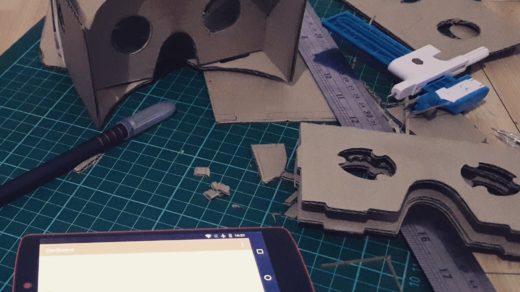Whenever I’m asked to prioritize tasks or issues at work and at home, I always weigh the choices by urgency, scope, impact and severity. If I have all the details down pat it would be easier for me to form an assessment. But for this particular exercise, it’s hard to specify which sector needs to be prioritized since each of the three sectors (agriculture, education and livelihood) bear a weight that is uniquely its own. Plus the fact that ICT has also rapidly evolved throughout the years. This should also be put into consideration as it is a complete game changer.
I think for the Philippines, the tech that best fits our needs are readily available and we also have the volunteers, consultants, IT and project management people who possess the skill sets which are essential to properly implement ICT4D projects. Sadly, the problem may be more than just manpower as red tape and corruption still persists and both monsters have firmly gripped their talons in our country. In the agricultural and livelihood sectors for example, some of the processes that seem to be a bit problematic can be streamlined with the help of technologies like ArcGIS[1], SAP Hana[2], Coupa[3], Serverless[4], Gensuite[5] and Quentic[6]. And I mentioned these only because they’re the ones I’m familiar with. There are other young and upcoming tech that can probably do a better job in bridging some of the gaps mentioned in our reading selection. Although we must note that data privacy and security issues will still pose as a threat especially in the cyber universe wherein demand for data, personal and otherwise, is high. For education, a long time friend of mine working for Profuturo[7] in Palawan told me that they are currently using technology to push for sustainable education in the far flung areas of the Philippines. We have to give it to them because their vision of reducing inequality and transforming the educational landscape in rural areas can be overwhelming and yet, they push forward because their goal is far too precious and time isn’t always on their side. Now here comes an important aspect which was stated by Professor Sandy Flor in Unit 2, “…some of the ICT4L cases given above may indeed be described as technology driven or donor driven. There is nothing wrong with such projects particularly if they are funded by grant money, and not by loan funds. However, the relevance and sustainability of an undertaking would be immensely enhanced if the impetus for the project came from a real and felt need. Furthermore, donor-driven or technology-driven initiatives tend not to foster project ownership within the community.”
Unit 2 gave me a deeper understanding of ICT4D and the numerous complex roles it plays in our communities – not just here in the Philippines but in the world. And yes, I get more enlightened as I go through every page of our lessons but with every turn more questions popped inside my head. There are possible solutions but my understanding of the depth of the risks involved which hinders us from moving forward might be purely surface level. I guess this is the reason why I have to honestly say I’m a bit hesitant in picking sides at this point. I know I have a lot more to learn.
But should push comes to shove, I will have to pick the agricultural sector. I apologize if it seems my answer is hinged on a personal bias. Farmers are close to my heart as I’ve seen first hand their hardships and pain. They are the ones who suffer for generations, tilling a land that will never be their own, hoping against hope that someday they will be able to rise above their circumstances and see their children freed from the vicious cycle they are in. They are the ones who feed our nation and yet they worry what they will be feeding their families tomorrow. If we can educate and empower them, connect them to a world of opportunities, make them feel that they are bigger than the stigma or whatever society would have them believe and that they are not just farmers but nurturers of nations, maybe we will have a better chance in giving them hope – hope which they might have long forgotten.
References:
[1] https://www.esri.com/en-us/arcgis/products/arcgis-online/overview
[2] https://www.sap.com/sea/products/hana.html
[3] https://www.coupa.com/industry/public-sector/
[4] https://serverless.com/
[5] https://www.gensuite.com/products-and-services/environmental-management-software/?channel=capterra
[6] https://www.quentic.com/environmental-management-system/?utm_medium=capterra&utm_campaign=capterra2018&utm_source=capterra
[7] https://profuturo.education/en/2017/09/11/profuturo-signs-agreement-to-benefit-more-than-10000-children-at-schools-in-the-philippines/
[8] FLOR, ALEXANDER G. and FLOR, BENJAMINA PAULA G. ICT4D: Information and Communication Technology for Development. UP Open University (Los Baños).


